What is a Logistics Company? A Complete Guide for 2024
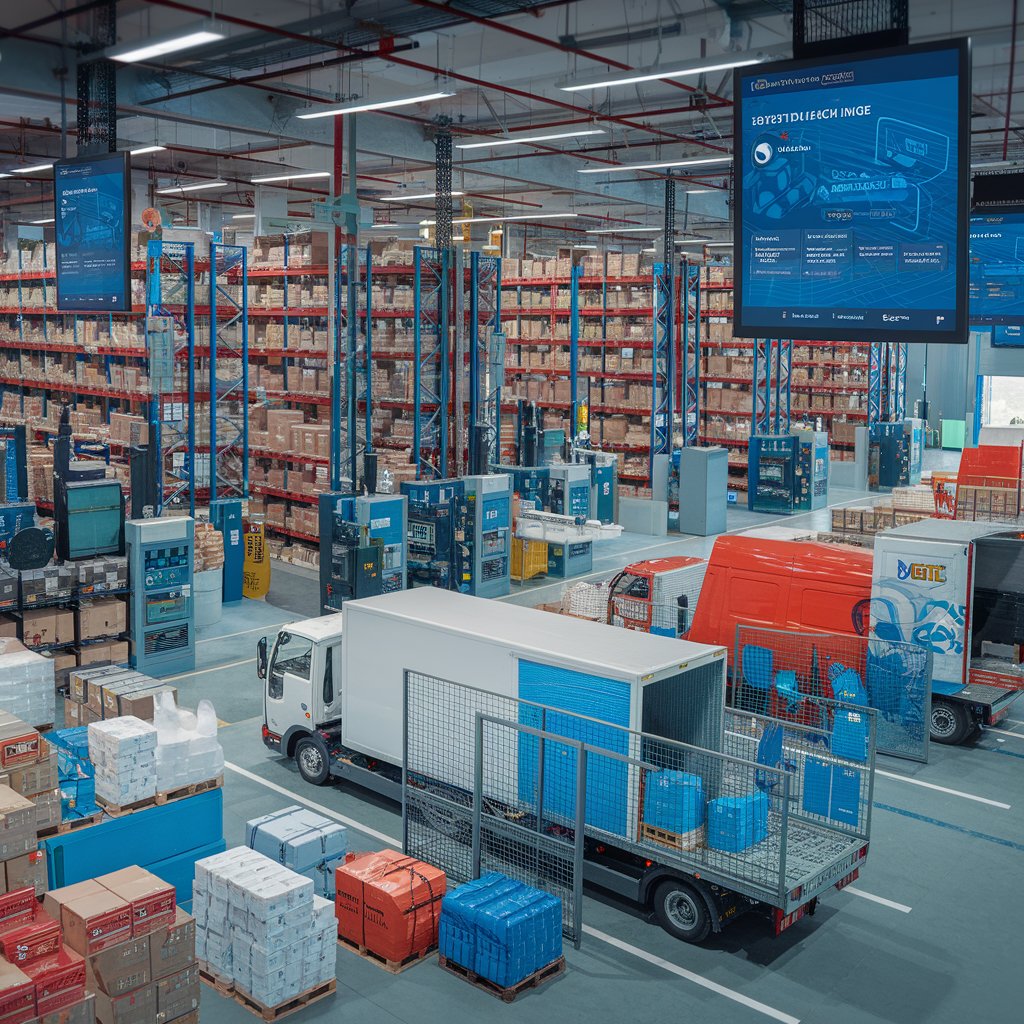
Quick Navigation
- Simple Definition
- Types of Logistics Companies
- Core Services
- Modern Technology
- Benefits for Businesses
- How to Choose
- Future Trends
Simple Definition
A logistics company is a business that manages the flow of goods, information, and resources between a point of origin and a point of consumption. Think of them as the architects of modern supply chains – they ensure products move efficiently from manufacturers to consumers.
🎯 Key Functions at a Glance:
- Transportation management
- Warehouse operations
- Inventory control
- Supply chain optimization
- Distribution planning
- Last-mile delivery
Types of Logistics Companies
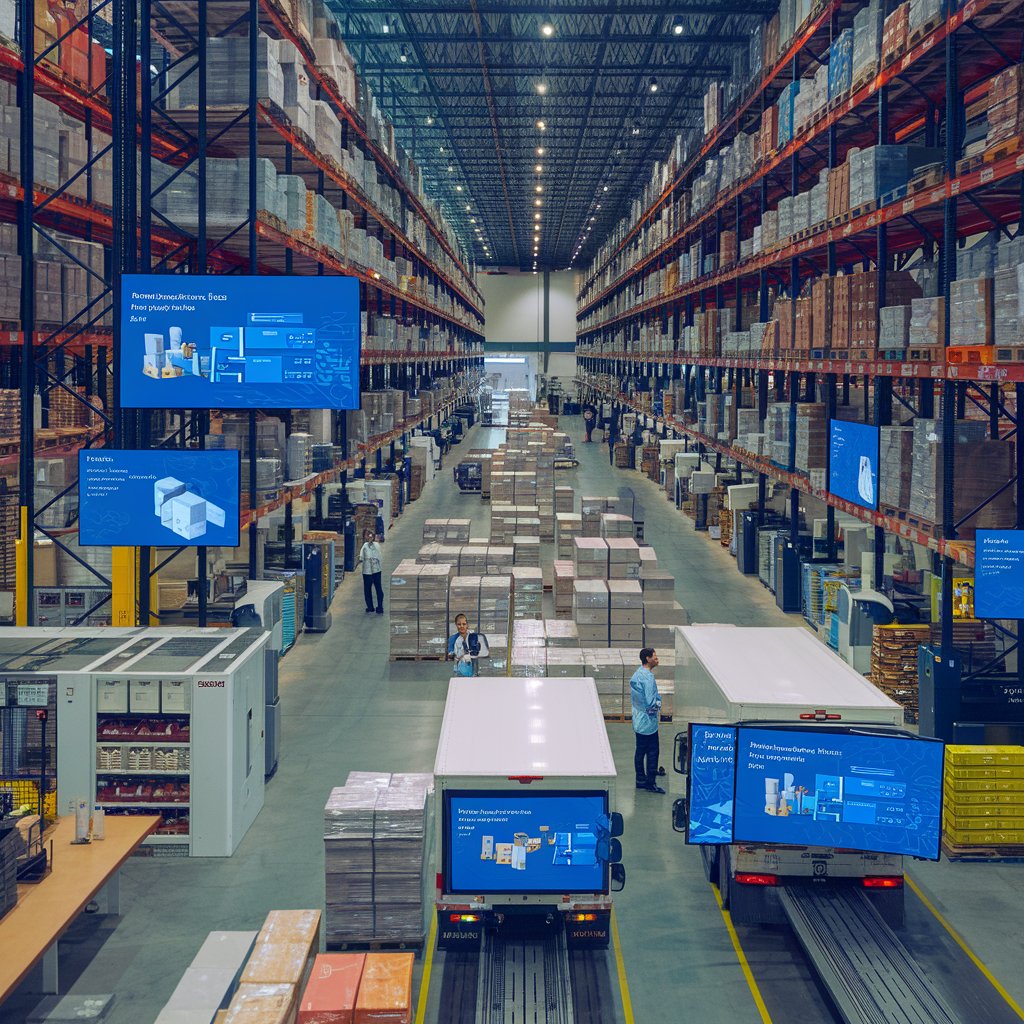
1. Third-Party Logistics (3PL)
What They Do:
- Manage shipping operations
- Provide warehouse space
- Handle fulfillment
- Offer technology solutions
- Process returns
Perfect For: Medium-sized businesses looking to outsource logistics operations
2. Fourth-Party Logistics (4PL)
Services Include:
- End-to-end supply chain management
- Strategic planning
- Network optimization
- Multiple 3PL coordination
- Analytics and reporting
Ideal For: Large enterprises needing complete supply chain oversight
3. Freight Forwarders
Specialties:
- International shipping
- Customs clearance
- Documentation
- Route optimization
- Carrier negotiations
Best For: Companies engaged in international trade
4. Courier Services
Focus Areas:
- Express delivery
- Parcel handling
- Last-mile delivery
- Time-sensitive shipments
- Local distribution
Suited For: E-commerce and businesses needing quick delivery
Core Services
Transportation Management
📦 Key Offerings:
- Carrier selection
- Route planning
- Load optimization
- Tracking systems
- Delivery scheduling
Warehousing
🏭 Main Features:
- Storage solutions
- Inventory management
- Pick and pack
- Cross-docking
- Quality control
Supply Chain Solutions
🔄 Services Include:
- Demand planning
- Inventory optimization
- Network design
- Risk management
- Performance analytics
Value-Added Services
➕ Additional Options:
- Packaging
- Labeling
- Assembly
- Kitting
- Returns processing
Modern Technology
Digital Solutions
- Transportation Management Systems (TMS)
- Route optimization
- Real-time tracking
- Carrier management
- Cost analysis
- Performance reporting
- Warehouse Management Systems (WMS)
- Inventory tracking
- Order fulfillment
- Labor management
- Space utilization
- Activity monitoring
- Visibility Platforms
- Real-time tracking
- Status updates
- Exception alerts
- Performance metrics
- Analytics dashboards
Automation Tools
- Robotic warehouse systems
- Automated sorting
- AI-powered forecasting
- Autonomous vehicles
- Smart packaging systems
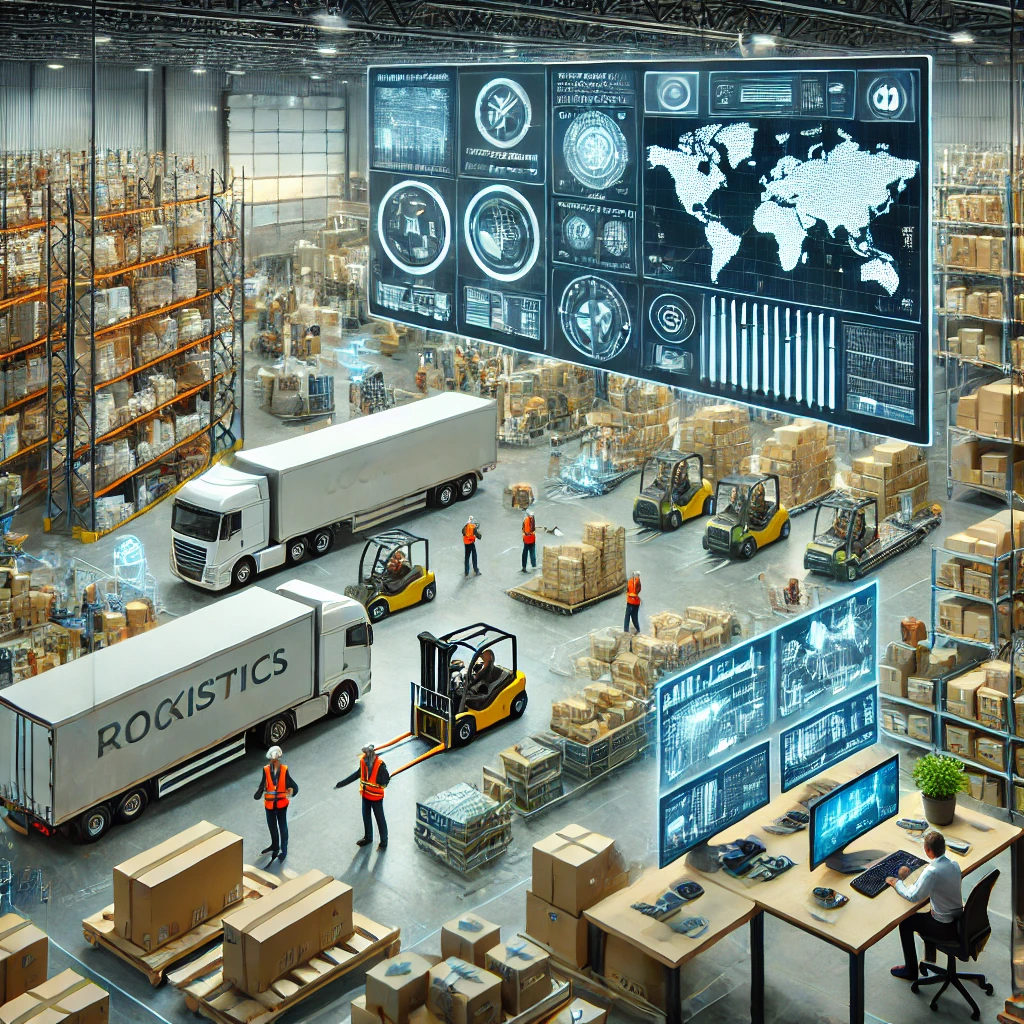
Benefits for Businesses
Cost Reduction
💰 Savings Through:
- Optimized operations
- Reduced labor costs
- Better inventory management
- Efficient transportation
- Bulk shipping rates
Improved Efficiency
⚡ Enhanced Through:
- Streamlined processes
- Faster delivery times
- Reduced errors
- Better resource utilization
- Automated systems
Scalability
📈 Growth Support:
- Flexible capacity
- Global reach
- Seasonal adaptation
- Market expansion
- Resource scaling
Focus on Core Business
🎯 Advantages:
- Reduced overhead
- Expert handling
- Latest technology
- Compliance management
- Risk mitigation
How to Choose a Logistics Company
Assessment Checklist
✅ Consider these factors:
- Service coverage
- Technology capabilities
- Industry experience
- Cost structure
- Performance metrics
- Customer references
- Scalability options
- Integration abilities
Red Flags to Watch
⚠️ Be cautious of:
- Outdated technology
- Poor communication
- Limited transparency
- Inflexible contracts
- Weak security measures
Future Trends
Emerging Technologies
- Artificial Intelligence
- Predictive analytics
- Automated planning
- Smart routing
- Demand forecasting
- Internet of Things (IoT)
- Real-time tracking
- Condition monitoring
- Asset management
- Environmental control
- Blockchain
- Supply chain transparency
- Smart contracts
- Document management
- Payment processing
Sustainability Initiatives
🌱 Green Logistics:
- Electric vehicles
- Sustainable packaging
- Carbon footprint reduction
- Waste minimization
- Energy efficiency
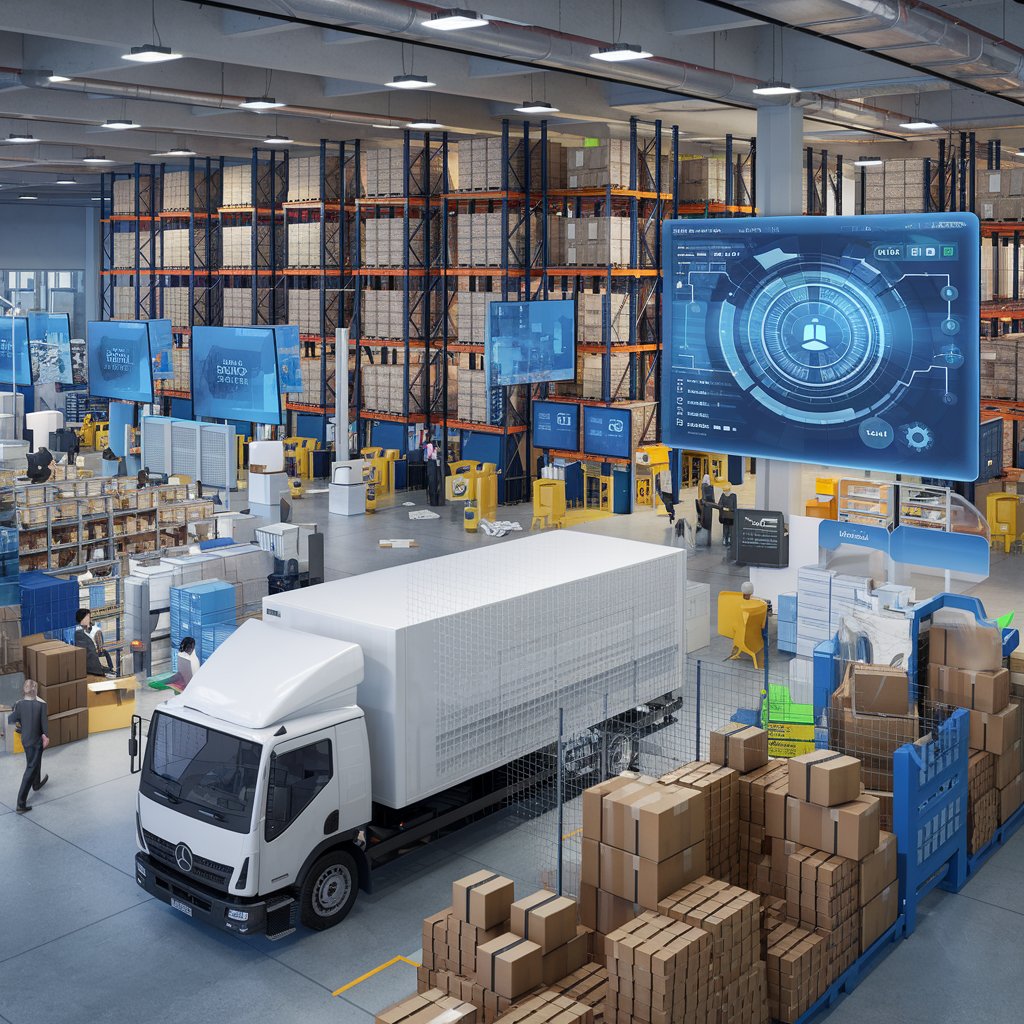
FAQ Section
Q: How much do logistics companies charge? A: Costs vary based on services, volume, and complexity. Most offer customized pricing based on specific needs.
Q: Can small businesses use logistics companies? A: Yes! Many logistics companies offer scalable solutions suitable for businesses of all sizes.
Q: What’s the difference between shipping and logistics? A: Shipping is one component of logistics. Logistics encompasses the entire process of managing goods flow, including storage, handling, and distribution.
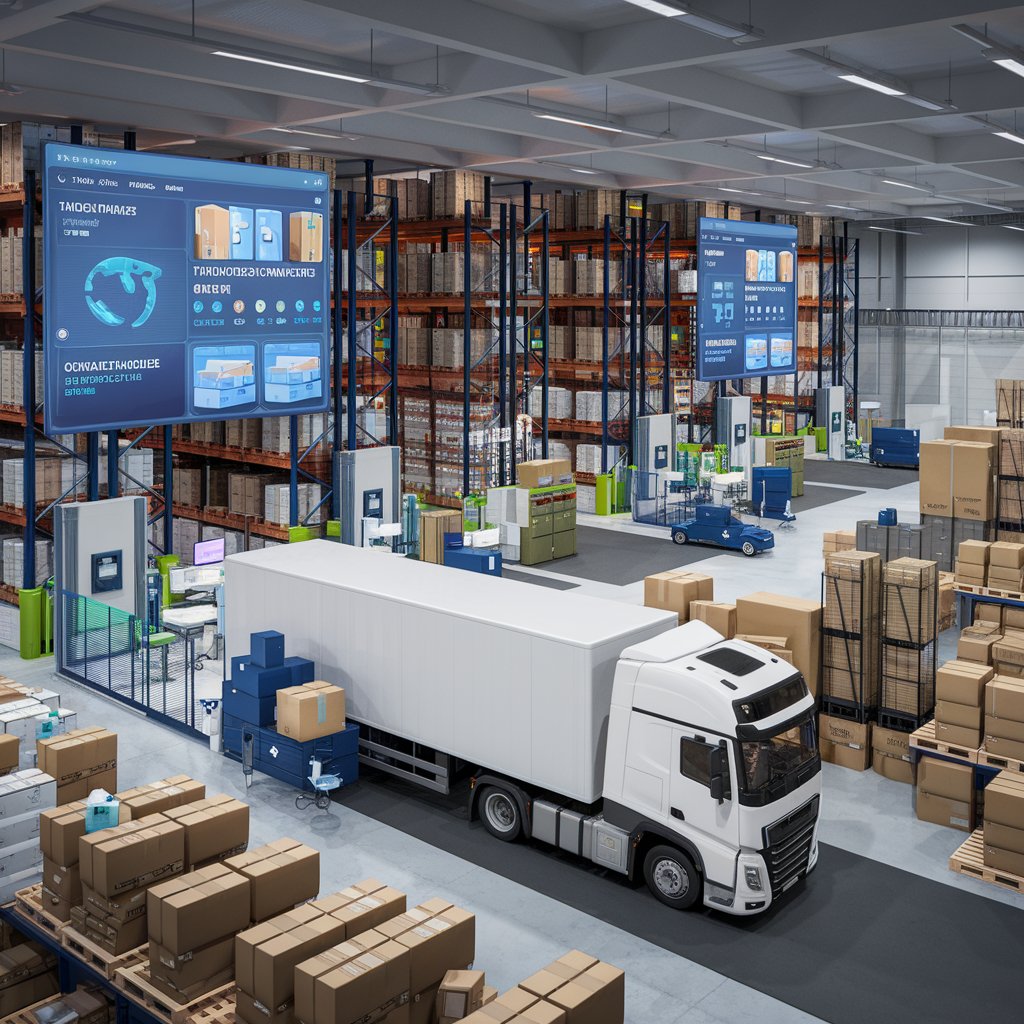
Making Your Decision
Steps to Take:
- Assess Your Needs
- Volume requirements
- Service needs
- Geographic coverage
- Budget constraints
- Research Providers
- Compare services
- Check references
- Review technology
- Evaluate experience
- Request Proposals
- Detailed pricing
- Service levels
- Implementation plan
- Support options
Conclusion
Modern logistics companies are essential partners in today’s business landscape, offering:
- Expertise and experience
- Advanced technology
- Cost efficiency
- Scalable solutions
- Global capabilities
Take Action
Ready to explore logistics solutions? Consider these next steps:
- List your requirements
- Research potential partners
- Request consultations
- Compare proposals
- Start small and scale
